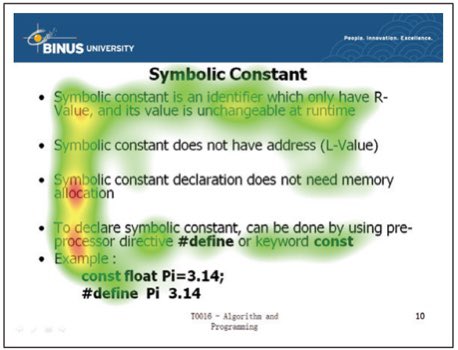A Cognitive Science 🧵
🔵 Retrieval Practice
🟡 Interleaving
🔵 Spacing
A collection of my favourite interviews, graphics and blogs on each…
🔵 Retrieval Practice
🟡 Interleaving
🔵 Spacing
A collection of my favourite interviews, graphics and blogs on each…
Retrieval Practice:
📝 The benefits of retrieval practice innerdrive.co.uk/blog/visual-gu…
📝How to avoid retrieval practice being a gimmick innerdrive.co.uk/blog/retrieval…
🎥 Interview with a brilliant researcher
📝 The benefits of retrieval practice innerdrive.co.uk/blog/visual-gu…
📝How to avoid retrieval practice being a gimmick innerdrive.co.uk/blog/retrieval…
🎥 Interview with a brilliant researcher

Interleaving:
📝 The do’s and dont’s of interleaving innerdrive.co.uk/blog/dos-donts…
📝 What I’ve changed my mind on about interleaving innerdrive.co.uk/blog/interleav…
🎥 Interview with a brilliant researcher youtu.be/-JkFC-0t9EY?si…
📝 The do’s and dont’s of interleaving innerdrive.co.uk/blog/dos-donts…
📝 What I’ve changed my mind on about interleaving innerdrive.co.uk/blog/interleav…
🎥 Interview with a brilliant researcher youtu.be/-JkFC-0t9EY?si…

Spacing:
📝 Who benefits the most from spacing? innerdrive.co.uk/blog/spacing-s…
🎥 Is there an optimal gap to space? youtu.be/3pcTJ-UTvYM?si…
📝 Who benefits the most from spacing? innerdrive.co.uk/blog/spacing-s…
🎥 Is there an optimal gap to space? youtu.be/3pcTJ-UTvYM?si…

• • •
Missing some Tweet in this thread? You can try to
force a refresh













